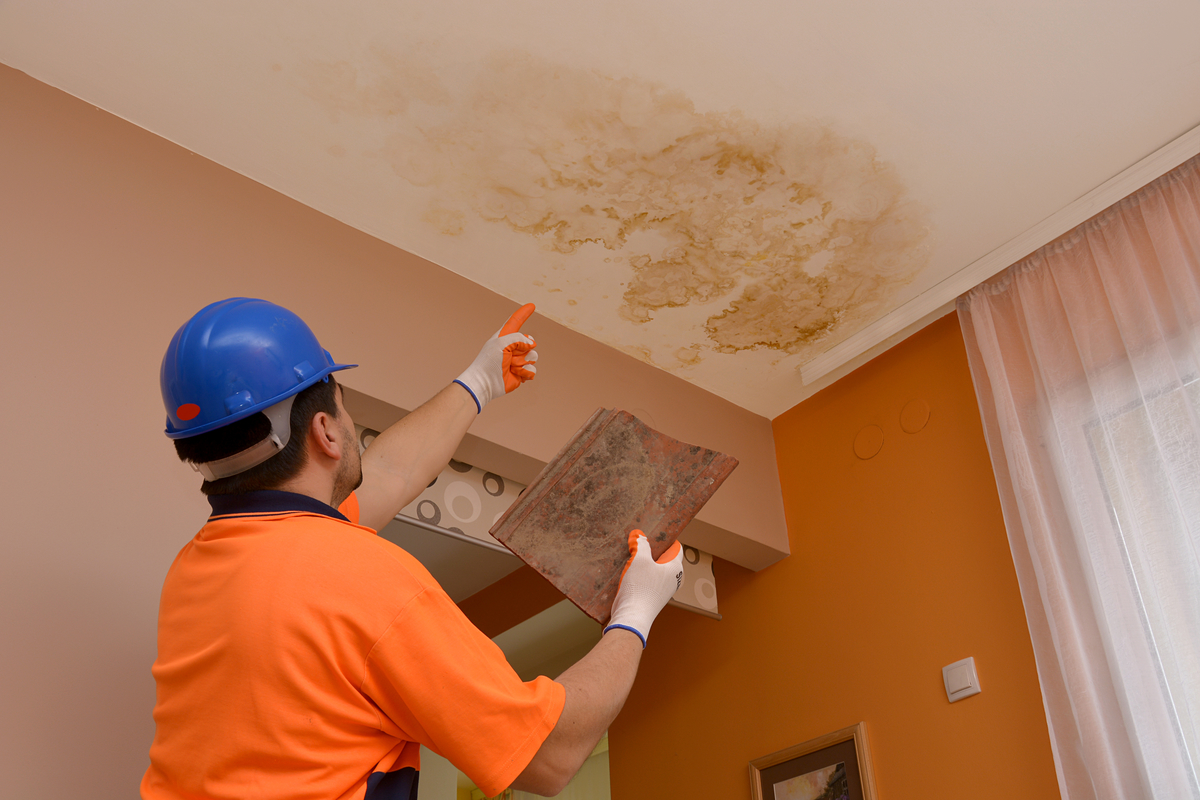Exposing the Key Triggers Behind Residential Water Leak Concerns
Exposing the Key Triggers Behind Residential Water Leak Concerns
Blog Article
What are your opinions with regards to Most Common Causes of Leaky Pipes?

Leakages not only create waste of water however can likewise trigger unneeded damages to your residence and promote undesirable natural growth. Unfortunately, water leaks could go unnoticed since the majority of the pipework in our residence is hidden. By understanding and also looking for daily circumstances that cause leakages, you can secure your residence from future leaks and unnecessary damage. Today, we will check out six leak triggers that might be triggering your pipelines to leak.
Immediate temperature level changes.
Severe temperature level modifications in our pipelines can cause them to increase and also get all of a sudden. This growth as well as tightening may trigger cracks in the pipes, particularly if the temperature level are listed below cold.
Rusty water systems
This may be the cause of staining or warping on your water pipelines. If our plumbing system is old, think about replacing the pipelines because they are at a greater danger of deterioration than the newer versions.
Faulty Pipeline Joints
The point at which your pipelines connect is often the weakest web link in the waterline. Pipe joints can wear away over time, leading to water leaks. The bulk of pipeline joints are not easily visible. If you have noisy pipelines that make ticking or banging noises, particularly when the hot water is activated, your pipe joints are probably under a great deal of stress. It is a good idea to have your plumber check your system yearly.
Intruding roots
Most water leakages begin outside the house rather than inside it. If you see an unexpected decrease in water stress, state in your faucet, take some time to go out and also examine your backyard. You may see wet spots or sinkholes in your lawn, which might indicate that tree roots are getting into water lines causing water to leak out. You can have your plumber look for intrusion, particularly if you have trees or hedges near your property.
Poor Water Connectors
Sometimes, a leakage can be triggered by loosened hose pipes and also pipes that provide your devices. Generally, moving is what triggers the loose water Connections. You might locate when it comes to a cleaning maker, a hose pipe may spring a leakage as a result of trembling during the spin cycle. In case of a water links leakage, you may see water running straight from the supply line or puddles around your devices.
Clogged Drains
Blocked drains pipes might be annoying as well as inconveniencing, yet they can in some cases end up creating an overflow leading to burst pipes. Maintain getting rid of any materials that might go down your drains that could clog them to prevent such aggravations.
All the above are root causes of leakages however not all water leakages arise from plumbing leaks; some leakages might originate from roofing system leakages. All leaks need to be fixed quickly to stay clear of water damage.
Leaks not just trigger waste of water however can likewise cause unneeded damages to your home and advertise unwanted organic development. By looking and also comprehending for everyday circumstances that cause leakages, you can safeguard your residence from future leaks and unnecessary damages. Today, we will certainly look at six leakage triggers that may be creating your pipes to trickle.
At times, a leak can be caused by loosened hose pipes and also pipes that provide your home appliances. In case of a water links leakage, you may see water running directly from the supply line or pools around your appliances.
How To Check For Water Leak In Your Home
How To Check for Leaks
The average household's leaks can account for nearly 10,000 gallons of water wasted every year and ten percent of homes have leaks that waste 90 gallons or more per day. Common types of leaks found in the home are worn toilet flappers, dripping faucets, and other leaking valves. These types of leaks are often easy to fix, requiring only a few tools and hardware that can pay for themselves in water savings. Fixing easily corrected household water leaks can save homeowners about 10 percent on their water bills.
To check for leaks in your home, you first need to determine whether you're wasting water and then identify the source of the leak. Here are some tips for finding leaks:
Take a look at your water usage during a colder month, such as January or February. If a family of four exceeds 12,000 gallons per month, there are serious leaks.
Check your water meter before and after a two-hour period when no water is being used. If the meter changes at all, you probably have a leak.
Identify toilet leaks by placing a drop of food coloring in the toilet tank. If any color shows up in the bowl after 10 minutes, you have a leak. (Be sure to flush immediately after the experiment to avoid staining the tank.)
Examine faucet gaskets and pipe fittings for any water on the outside of the pipe to check for surface leaks.
Undetected water leaks can happen without the home or business owner even realizing. If you suspect a water leak, but not able to find the source. It is time to contact a professional water leak detection service, The Leak Doctor.
How To Find a Water Leak In Your Home
https://www.leakdoctor.com/blog/How-To-Check-For-Water-Leak-In-Your-Home_AE197.html

I recently found that write up about How to detect water leaks in your home when looking around the web. Sharing is nice. You won't know, you might be helping someone out. Many thanks for taking the time to read it.
Stress-free fix? Contact. Report this page